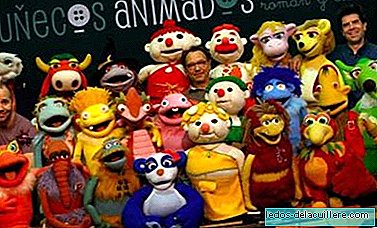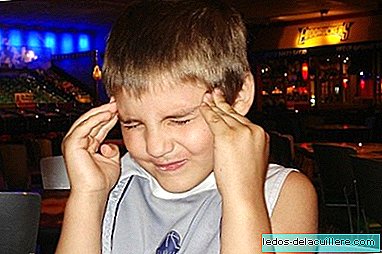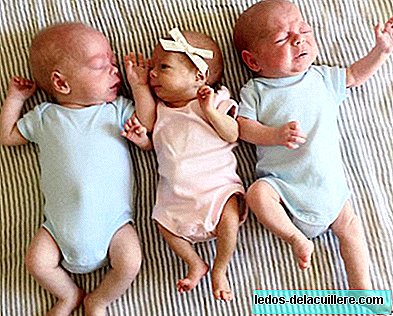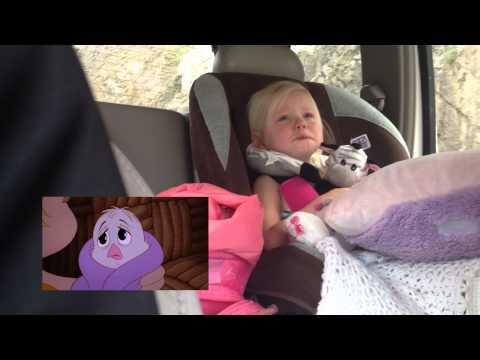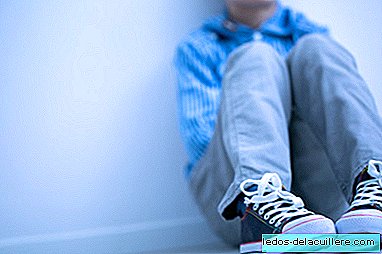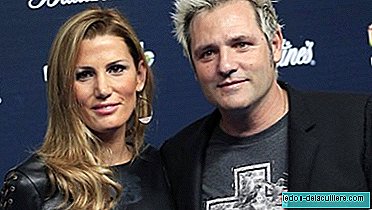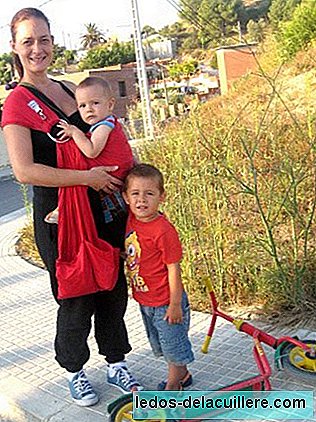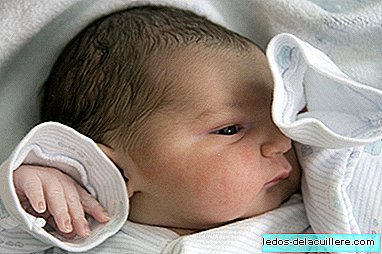
The baby's first smile is an unforgettable moment. Not that angelic expression they show even sleeping, which is a sign of a primary reflex, but the first smile that responds to a social stimulus.
The smile, which is usually to mom or the nearest person, emerges in the baby's mouth in the same way and at about the same time, regardless of where we were born, if we have any physical handicap and who is raising us or where we are born .
The environment does not influence our first smiles, at least if we are born in an environment that allows us stimuli and contacts with other people. This is explained by the American entomologist and biologist Edward O. Wilson, known for his work in evolution and sociobiology:
The expression is first exhibited by children aged between two and four months. It invariably attracts abundant affection from the adults who care for the child. The environment has little influence on the maturation of the smile. The children of the! Kung, a town of hunter-gatherers of the Kalahari desert in South Africa, are raised in very different conditions from those of children in the United States and Europe. Their mothers stop them without help or anesthesia, they are in almost constant physical contact with adults, they are breastfed several times an hour, and they are taught rigorously and at the earliest possible age to sit, stand and walk. But his smile is identical to the shape of American and European children, appears at the same time and serves the same social function. The smile also appears at the right time in deaf and blind children and even in children deformed by thalidomide who are not only blind and deaf, but are crippled to the point of not being able to touch their faces.
In short, the examples presented are of children who are in contact with their parents and live in society, and their way of being born, or of being fed and cared for, matters little. Although I do think they have to have something in common: that other faces smile at him.
What I cannot imagine is a child who does not receive stimuli, who does not have in front of him the face of the mother or caregiver, or who is not spoken to. Would an isolated baby who feeds himself smile without seeing or listening to his caregivers? Do the "wild children" smile? I doubt it.
Then we would say that baby's smile is universal, provided you live in society.


